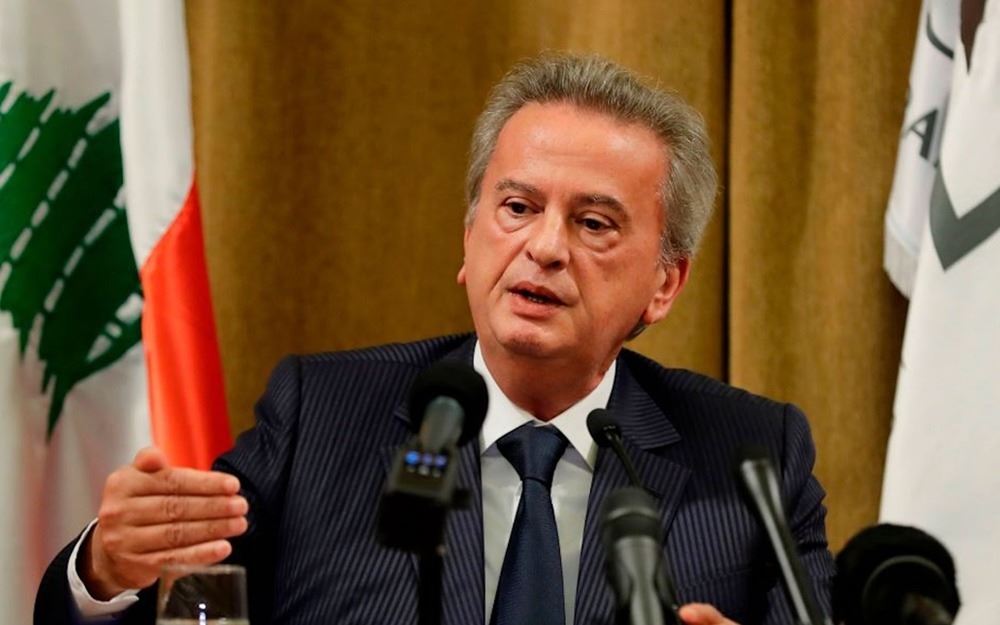أغلبية الإسرائيليين ترفض اتفاق وقف إطلاق النار مع حزب الله: استطلاع جديد يكشف المفاجأة
في ظل الجهود الدبلوماسية المتواصلة لإبرام اتفاق وقف إطلاق النار بين إسرائيل وحزب الله، يواجه رئيس الوزراء الإسرائيلي بنيامين نتنياهو موجة من الاعتراضات الحادة، ليس فقط على مستوى الأحزاب السياسية، بل أيضًا بين قطاعات واسعة من الجمهور الإسرائيلي. تأتي هذه المعارضة في وقت تتزايد فيه التكهنات حول إمكانية تدخل الولايات المتحدة بفرض قرار أحادي من خلال مجلس الأمن الدولي في حال عدم التوصل إلى تسوية مرضية.
استطلاع رأي يعكس رفضًا شعبيًا واسعًا
استنادًا إلى نتائج استطلاع أجرته “القناة 14” الإسرائيلية ونُشر خلال النشرة الإخبارية الرئيسية، أظهرت البيانات أن غالبية الإسرائيليين، بغض النظر عن انتماءاتهم السياسية، يعارضون الاتفاق المقترح مع لبنان. اللافت في الاستطلاع أن الرفض شمل حتى فكرة وقف إطلاق نار مؤقت، وهو خيار تم طرحه في سياق محاولة كسب الوقت إلى حين تغيير الإدارة الأميركية المقبلة.
نتنياهو يحذر من العواقب الدولية
رغم اعتراف نتنياهو بأن الاتفاق المقترح “ليس مثاليًا”، إلا أنه شدد على أن رفضه قد يعرض إسرائيل لضغوط دولية، بما في ذلك عقوبات محتملة قد تفرضها الأمم المتحدة. وأشار إلى أن هذه العقوبات يمكن أن تحد من قدرة إسرائيل على التعامل مع أي انتهاكات مستقبلية محتملة من قبل حزب الله.
تفاصيل الاتفاق المقترح
يتضمن الاتفاق، بحسب مصادر مطلعة، انسحابًا إسرائيليًا تدريجيًا من جنوب لبنان، مع نقل المسؤولية الأمنية إلى الجيش اللبناني. كما يتضمن إنشاء آلية دولية لمراقبة تنفيذ بنوده لضمان الالتزام من الطرفين. ورغم ذلك، يواجه الاتفاق معارضة سياسية وشعبية واسعة داخل إسرائيل، حيث يخشى العديد من الإسرائيليين من تأثير الاتفاق على الأمن القومي الإسرائيلي على المدى الطويل.
التحديات أمام القيادة الإسرائيلية
تمثل نتائج الاستطلاع تحديًا كبيرًا أمام نتنياهو، الذي يجد نفسه في مواجهة مباشرة مع المجلس الوزاري الأمني والمجتمع الإسرائيلي. يحتاج نتنياهو إلى إقناع الداخل الإسرائيلي بجدوى الاتفاق كخطوة استراتيجية لتجنب تصعيد دولي يمكن أن تكون تداعياته سلبية على إسرائيل.
المصدر: رصد موقع سكوبات عالمية
The Majority of Israelis Oppose a Ceasefire Agreement with Hezbollah: A Revealing Poll
Amid ongoing diplomatic efforts to finalize a ceasefire agreement between Israel and Hezbollah, Israeli Prime Minister Benjamin Netanyahu is facing strong opposition—not only from political factions but also from the Israeli public. This opposition comes as speculation grows that the United States may push for a unilateral resolution through the United Nations Security Council if no agreement is reached.
Poll Results Show Broad Public Disapproval
According to a poll conducted by Israel’s “Channel 14” and aired during its main news broadcast, a significant majority of Israelis, regardless of political affiliation, oppose the proposed agreement with Lebanon. Notably, the opposition even extends to the idea of a temporary ceasefire, a proposal introduced as a way to buy time until the next U.S. administration takes office.
Netanyahu Warns of International Consequences
Although Netanyahu acknowledged that the proposed agreement is “far from ideal,” he emphasized that rejecting it could expose Israel to international sanctions, potentially imposed by the United Nations. These sanctions, he warned, could limit Israel’s ability to respond to future violations by Hezbollah.
Key Terms of the Proposed Agreement
The agreement reportedly includes a gradual Israeli withdrawal from southern Lebanon and the transfer of security responsibilities to the Lebanese army. Additionally, it establishes an international mechanism to oversee the implementation of its terms. Nevertheless, the plan faces significant criticism from both political leaders and the public, reflecting widespread concerns about its long-term impact on Israeli national security.
Challenges Facing Israeli Leadership
The findings of the poll pose a substantial challenge to Netanyahu, who must convince the Israeli security cabinet and the broader public of the agreement’s strategic value. Without broad support, the proposed deal risks being viewed as a liability rather than a diplomatic achievement.
 International Scopes – سكوبات عالمية إجعل موقعنا خيارك ومصدرك الأنسب للأخبار المحلية والعربية والعالمية على أنواعها بالإضافة الى نشر مجموعة لا بأس بها من الوظائف الشاغرة في لبنان والشرق الأوسط والعالم
International Scopes – سكوبات عالمية إجعل موقعنا خيارك ومصدرك الأنسب للأخبار المحلية والعربية والعالمية على أنواعها بالإضافة الى نشر مجموعة لا بأس بها من الوظائف الشاغرة في لبنان والشرق الأوسط والعالم




